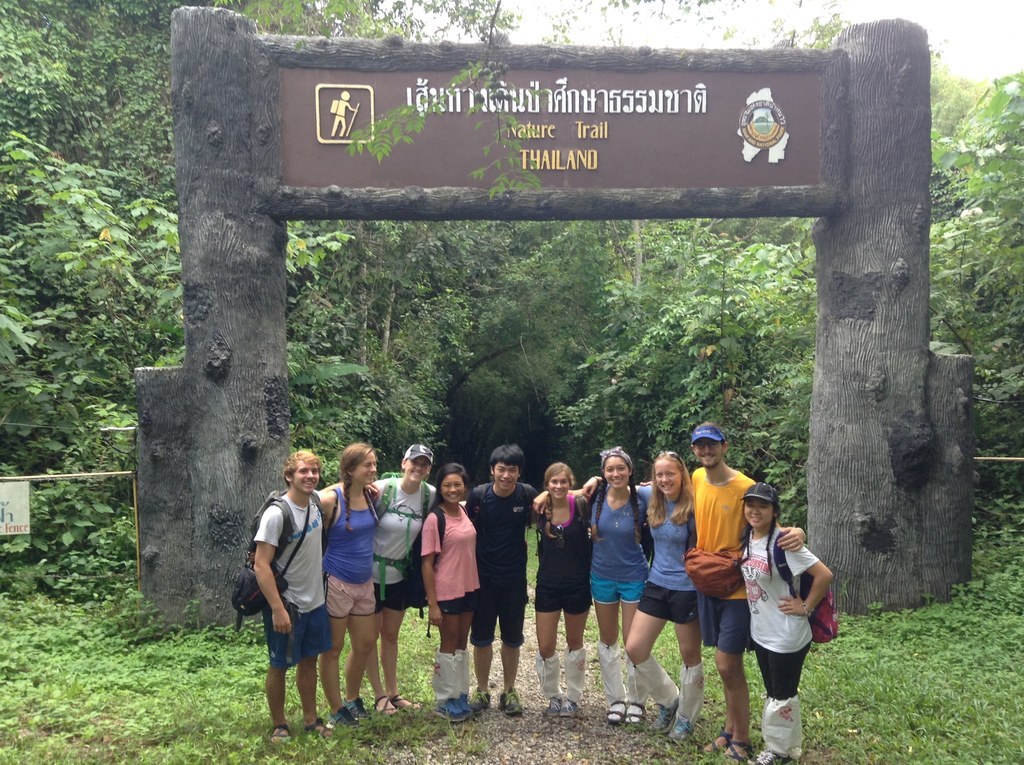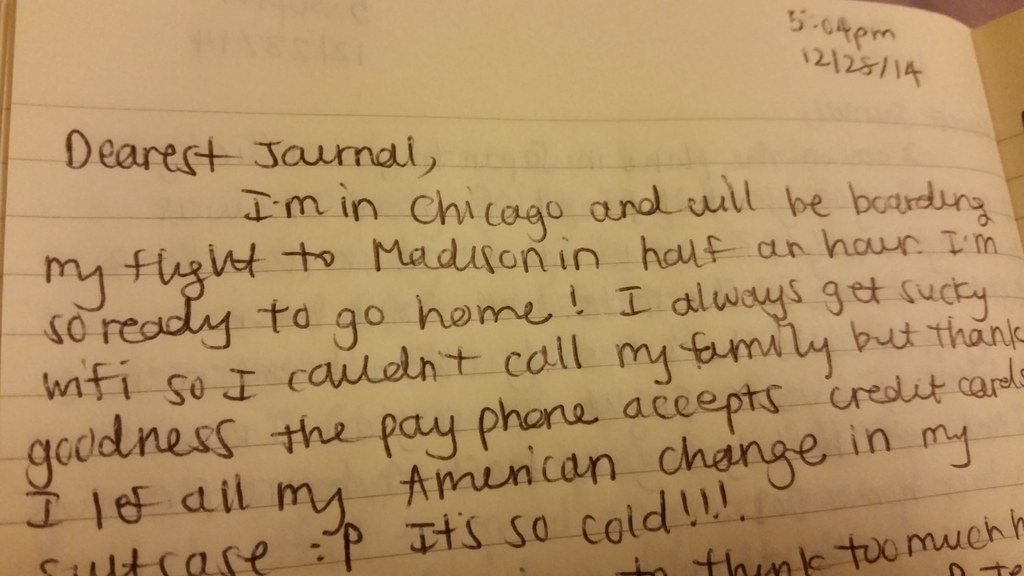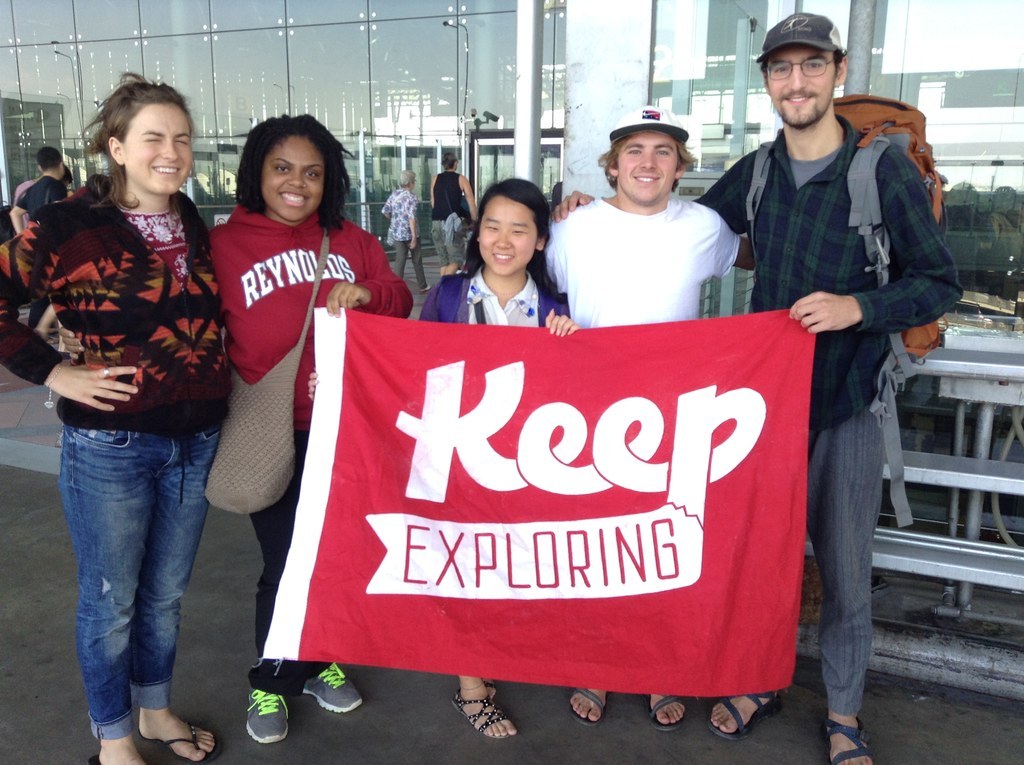1. Time

2. SLEEP
Sleep is essential! For every time zone that you cross, you will need that many hours of sleep for your body to fully recover from jet lag.
3. Coping with Reverse Culture Shock
Knowing that reverse culture shock is real can help you cope with the changes and the transition period of coming back. You may sometimes feel sad, depressed or even mad about certain things or aspects of American life that make you miss your time abroad. Talking to others about what you saw or experienced can help filter any built up guilt or anger inside of you.
4. Reconnect and Keep in Touch

5. Plan Things To Do When You Get Back
You may feel like there is nothing left for you to do or that there is no sense of freedom and independence anymore. Take the time to plan dates with friends and family to catch up and most importantly be in each other's spaces. It will help remind you of why it's great to be back home.
6. Keep Doing What You Do

7. Academics Will Be Different
The academic culture and expectations of your host country may be different from America and will take time to readjust to academic life and relearn your study habits. It's normal to feel lost or even confused on the first week of classes when you are back from abroad and you may even feel lazy or do not want to put in effort to your academics. If you need an extra push to get back onto your feet, it does not hurt to talk to your academic advisor or friends or even find a peer tutor.
8. Not Everyone Can Study Abroad
There is no harm in telling others about your study abroad experience but it is important to be modest about it. Not everyone is able to afford to study abroad nor is everyone suited to the study abroad life. Don't ridicule them for not understanding cultural aspects of your host country or events that you encountered when you are trying to explain it to them.
9. Put Your Experience and Expertise to Use
Assist others who are also thinking of studying abroad or if they are interested in applying to the same university that you studied at. You can put your experience to use by sharing your experiences and offer advice to prospective study abroad students. You can also help promote your program or be a peer advisor for the study abroad office.
10. Make Plans to Go Back, or Visit a New Country


